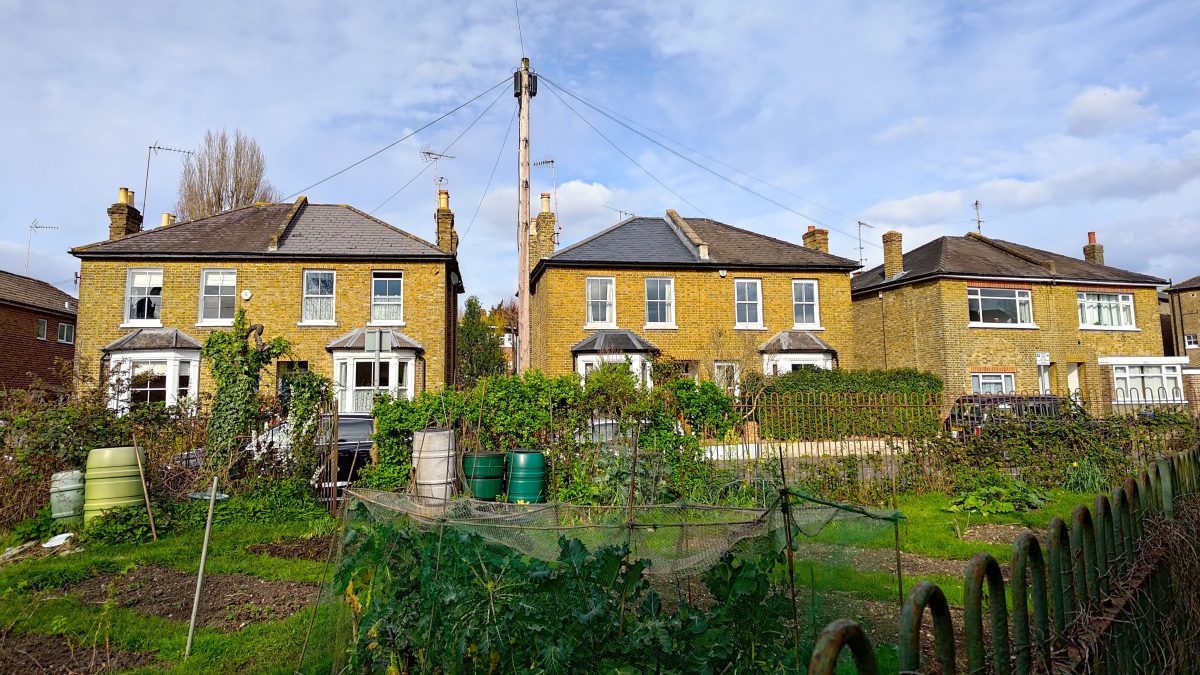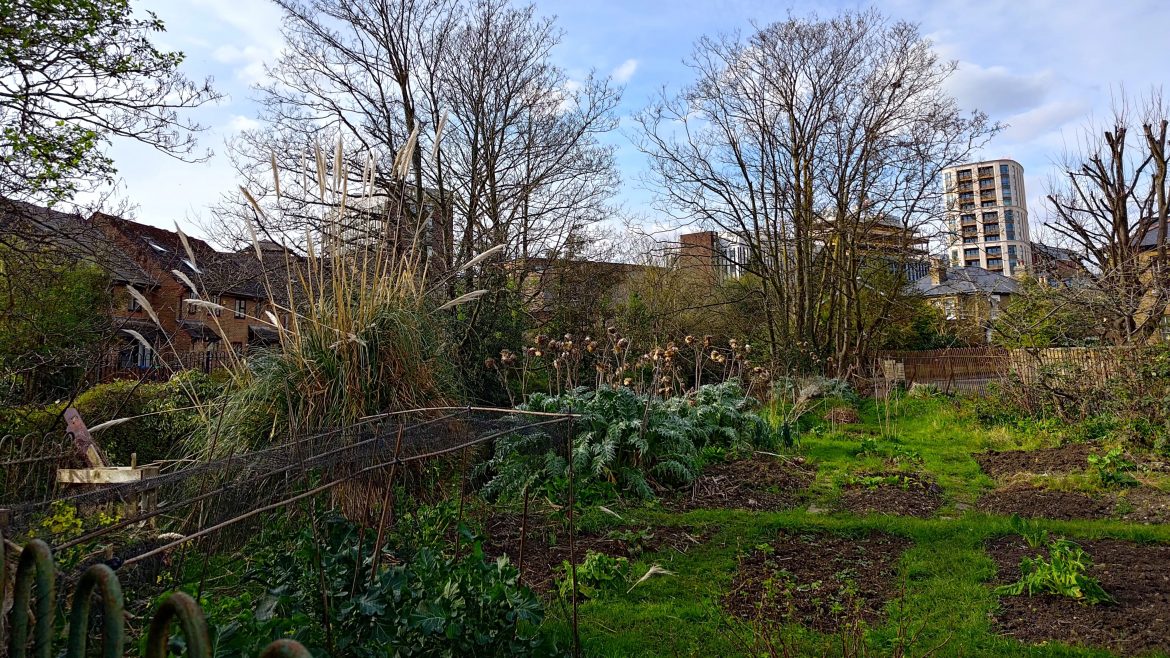Experienced gardeners from Kingston upon Thames encourage residents to grow their own food despite the lack of land in the borough.
Over the past five years, the UK has ranked second as the country most interested in gardening after the Czech Republic, based on Google Trends.
Shanti du Rocher, Data Analyst at Google Trends, said: “In the past 7 days [March 11-17], the UK has been the number one country searching around garden design, with ‘new build garden ideas’ being a top related search.”
The number of searches around gardening tends to peak at the turn of March and April.
People want to know how to sort the garden out after winter, how to get rid of ants and cats, and where the nearest garden centres are.
How popular is gardening in Kingston?
According to the Motspur Park Horticultural Society (MPHS), gardening is very popular among people of all ages in Kingston.
The Chair, Chris Davis, said: “It’s just a tradition that people have. I can go back three four generations of my great-grandparents having been very keen gardeners, growing their own fruit and veg.”
MPHS is a local group of gardeners, which has been in existence for 85 years.
Around 200 annual members can benefit from advice of experienced gardeners and make some friends sharing the same hobby.
Davis said: “It’s a wide variety of people doing various things. There’s a lot of people who specialise in particular types of gardening. And there’s quite a few allotments around, as well.”
Is there enough space for gardeners in Kingston?
Kingston Council currently records 985 allotment plots at 22 allotment sites across the borough.
This represents 41.70ha or 5% of the entire public open space in Kingston.
According to the data from Census 2021, there are almost 21,000 households in Kingston that do not have a garden.
In practice, there are only enough allotment plots for 5% of households without a garden.
Some of the allotment sites are run by voluntary management schemes, and others by private companies on the council’s behalf.
Residents can apply for an allotment plot on the council’s website, but the waiting list has been full since 2020.
A spokesperson for Kingston Council said that 15 allotment plots per 1,000 households is in line with national norms.
He added: “Where full plots are handed back to the council, we will consider splitting these into smaller half plots to provide greater availability.”
Where are garden centres in Kingston?
There are several garden centres in the borough, which can be found on this interactive map:
Almost 50-year-old Court Farm Garden Centre is located near the nature reserve of the same name.
Squire’s Garden Centre Long Ditton, near Surbiton, has been awarded Best Outdoor Living department in the South Thames area by the Garden Centre Association in 2017.
How to sort the garden out after winter?
This is a very complex question, and the answer depends on the type of garden and the state it is in.
Lisa from Squire’s Garden Centre suggests taking a photo of your garden and bringing it with you to the centre where a member of staff will be happy to help.
Davis usually starts by picking up leaves and getting rid of weeds.
“It’s the beginning of grass-cutting season now, so that’s worth doing, and make sure that there’s no unwanted growth in any places,” he said.
How to get rid of ants?
There are many easy and cheap ways to free plants from pests, such as boiling hot water or vinegar.
But Lisa warned that this way kills the plant, as well, and recommends using a dedicated powder instead.
According to Davis, ants generally do not pose a threat unless they start getting into the house.
In fact, they eat greenfly, which can weaken plants if they occur in large numbers.
How to deter cats?
“We have a gadget that makes a funny noise which only cats can hear, and that puts them off,” said Lisa.
Similar deterrents work well against mice, as well, without the need to set traps around.
But according to Davis, cats do not do much damage to the garden either.
“They may scratch around, but they don’t damage plants. They’re very wary of eating plants, so they’re quite not a problem really.”

How to start growing your own food?
Davis recommends starting small with less demanding plants, which can grow even in limited conditions.
“Container gardening is a very good way of doing it, and there’s plenty of options of stuff you can grow in pots or is small areas,” he said.
“You can grow cucumbers, squashes, courgettes – all those things will grow in containers and in small beds. You don’t need massive areas.”
Davis added that some vegetables can also grow on a small terrace or even a balcony in an apartment without a garden.
“You get tomato plants that will grow in a small pot or a hanging basket, you can grow potatoes in bags, and you can grow radishes in a small bit of soil from seed,” he said.
On the other hand, fruit trees need a lot more attention and care. Members of the MPHS meet up every Sunday morning in their hut on Blakes Lane, New Malden, to offer their fresh grown products for sale.
Junior journalist and PR freelancer, with more than three years of experience in the media industry. Combining my creative spirit and analytical thinking, I aspire to spread accurate, unbiased, and valuable information, in a simple and attractive way.






